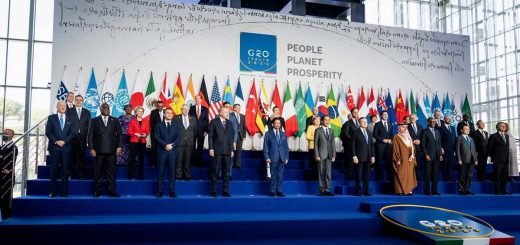Oxford launches new multi-disciplinary ZERO Institute
The University of Oxford announced the launch of the multi-disciplinary ZERO Institute (Zero-carbon Energy Research Oxford) to tackle the challenges of an equitable, secure global zero-carbon energy transition.

The transition from carbon-based energy to zero-carbon energy will play a crucial role in achieving the Paris Agreement’s global warming limits. Currently, more than 70% of the greenhouse gases responsible for a changing climate come from converting and using energy.
Professor Patrick Grant, Oxford Pro-Vice-Chancellor (Research), says, ‘International and national assessments agree that practical solutions to the climate crisis will involve increased use of renewable energy sources, storing the energy effectively, and using it efficiently. Only by doing this can we supply everyone in the world with the energy services needed to live well and to stop climate change. The university is rising to the challenge of zero-carbon energy systems by investing in the ZERO Institute to help coordinate and increase the reach of our ever-growing zero-carbon energy research.’
The goal of ZERO is to accelerate the transition to a just zero-carbon energy system. Achieving this requires systems thinking as well as the development and adoption of new technologies and infrastructure. In addition, innovation will be required in business models, institutions, policy, and society.
ZERO will build on the University’s extensive energy research activities, which span more than 20 departments and 200 researchers. It aims to establish Oxford as a centre of research excellence and thought leadership on a global and equitable zero-carbon transition and has secured a £3.25m investment from the University’s Strategic Research Fund (SRF).
The goal of ZERO is to accelerate the transition to a just zero-carbon energy system. Achieving this requires systems thinking as well as the development and adoption of new technologies and infrastructure. In addition, innovation will be required in business models, institutions, policy, and society.


